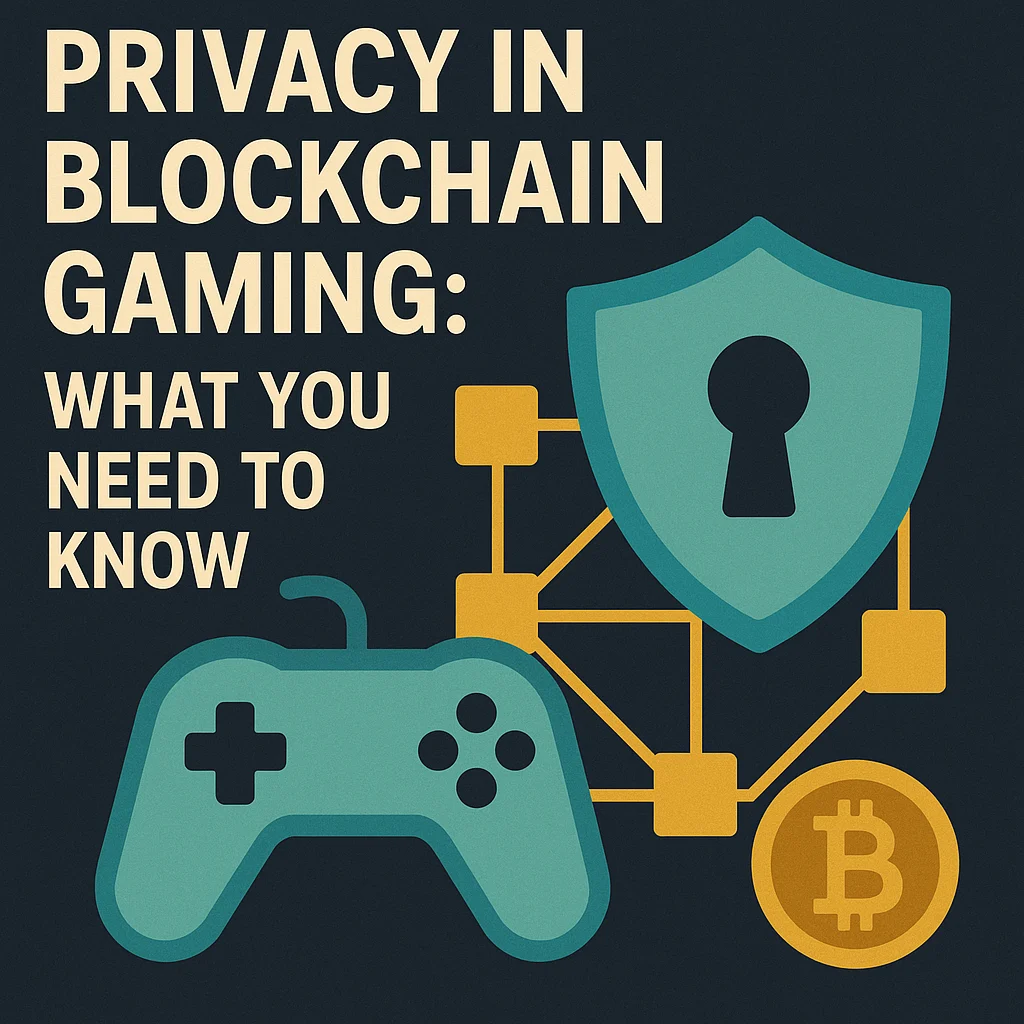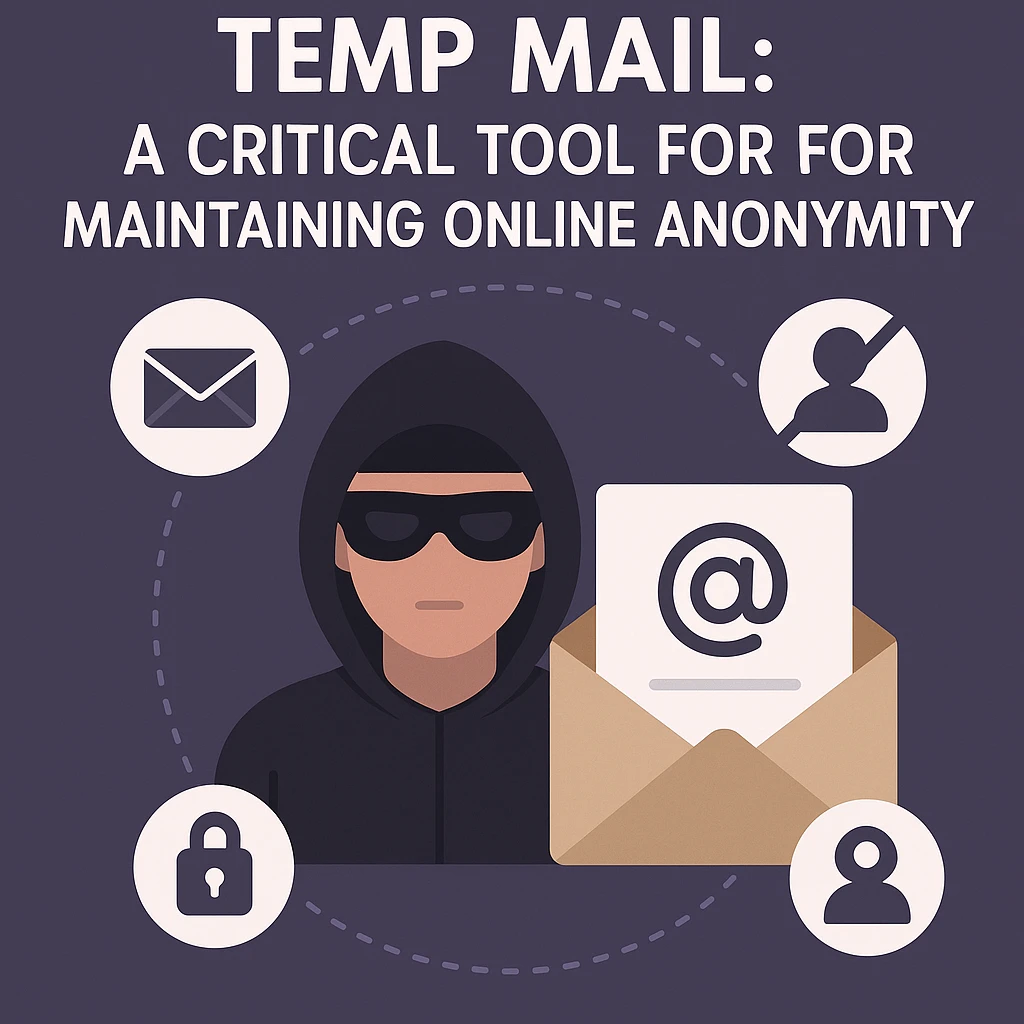Introduction
Two essential pillars that drive innovation, progress, and critical thinking in the modern world are science and education. The two disciplines have a symbiotic relationship in which science supplies the information and resources that education needs to be grounded in, while education spreads scientific knowledge to create a society that can continue to innovate. We will discuss the relationship between science and education, the value of scientific literacy, the responsibility of educators, and the opportunities and challenges that lie ahead in these areas in this blog.
The Role of Science in Education
Because science offers a framework for comprehending the natural world, it is essential to education. It fosters the qualities of critical thinking, evidence-based reasoning, and curiosity that are vital for students to develop in all subject areas.
1. Promoting Critical Thinking and Problem-Solving
The emphasis of scientific education is on critical thinking and problem-solving techniques. Pupils gain knowledge on how to create hypotheses, carry out experiments, examine data, and make evidence-based decisions. These abilities are useful in other fields and daily decision-making in addition to being essential for scientific investigation.
2. Encouraging Curiosity and Innovation
A sense of wonder and interest about the natural world are fostered by science education. Science fosters an open-minded and innovative mindset in pupils by pushing them to ask questions and look for answers. The basis for developments in environmental science, technology, medicine, and many other areas is this curious mindset.
3. Building a Knowledgeable Society
A society that understands science is better able to make judgments on technology, the environment, and health. People with scientific literacy are better able to comprehend and assess scientific material that is presented in the media, which promotes more informed public debate and policymaking.
The Importance of Scientific Literacy
The capacity to comprehend, assess, and utilize scientific data is known as scientific literacy. It is necessary for managing the intricacies of the contemporary world and tackling worldwide issues including public health emergencies, climate change, and technology breakthroughs.
1. Informed Decision-Making
People who are literate in science are better equipped to make decisions that benefit their community, environment, and health. For instance, knowing the fundamentals of exercise and nutrition can help you make healthier lifestyle decisions, and understanding environmental science can help you support conservation efforts and develop sustainable practices.
2. Engaging with Technology
Scientific literacy is essential for interacting with new technologies and comprehending their implications in a world where technology is advancing at an accelerating rate. A fundamental understanding of science enables people to ethically navigate and influence technological breakthroughs, from genetic engineering to artificial intelligence.
3. Supporting Public Health
Widespread scientific knowledge is essential to public health. For the purpose of handling health emergencies like the COVID-19 pandemic, it is essential to comprehend the fundamentals of immunization, public health initiatives, and disease transmission. Effective health communication and action also depend on the development of scientific literacy, which increases confidence in health authorities and medical practitioners.
The Role of Educators in Science Education
Teachers are the main carriers of scientific knowledge and have a significant impact on how pupils perceive and comprehend science.
1. Inspiring a Love for Science
A desire for exploration and a love of learning are fostered by excellent scientific teachers. Teachers can spark students' interest in science and encourage them to pursue further studies in scientific subjects by designing engaging and interactive learning experiences.
2. Providing a Strong Foundation
Teachers of science impart the fundamental knowledge and abilities needed for pupils to excel in more challenging coursework. Teaching the scientific method, fundamental ideas of many scientific fields, and critical thinking techniques are all included in this.
3. Adapting to Diverse Learning Styles
Effective teachers use a range of teaching strategies to meet the needs of their pupils because they are aware that kids have varied learning styles. This could involve group projects, interactive experiments, multimedia materials, and customized teaching.
Challenges in Science Education
Even yet, there are a number of issues with science education that need to be resolved if we want to guarantee that every student has access to excellent scientific instruction.
1. Resource Inequity
A major obstacle is the uneven distribution of resources among schools. A lot of schools—especially those in low-income neighborhoods—don't have the money for modern texts, sufficient scientific labs, or skilled teachers. Students' opportunities to participate in meaningful scientific learning are limited by this inequality.
2. Teacher Shortages
Qualified science teachers are in severe shortage, especially in specialized subjects like computer science, physics, and chemistry. Better funding for teacher preparation programs, competitive pay, and continual professional development opportunities are needed to address this shortfall.
3. Curriculum Rigor and Relevance
For scientific programs to effectively engage children and prepare them for future challenges, they must be both rigorous and relevant. This entails upgrading curricula to incorporate real-world applications of scientific concepts and burgeoning scientific fields like biotechnology and environmental science.
4. Standardized Testing
Standardized testing can yield useful information about students' learning, but placing too much focus on it might restrict the scope and depth of science instruction. Teachers have to strike a balance between the necessity for evaluation and the objective of developing a thorough comprehension and appreciation of science.
Conclusion
The advancement of civilization depends critically on the interaction between science and education. People who have an education in science are better able to manage an increasingly complex world, make wise judgments, and further human knowledge. We can guarantee that all students have access to excellent scientific learning opportunities by tackling the problems in science education and embracing new ideas and trends. In order to solve global issues, spur innovation, and enhance the standard of living for people everywhere, it will be crucial to cultivate a scientifically educated society going forward.




